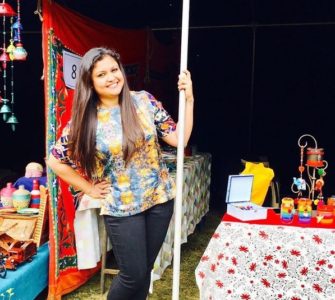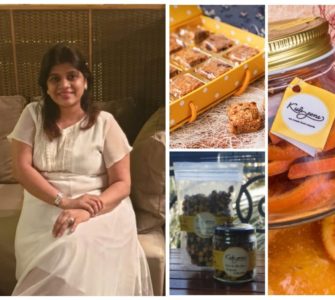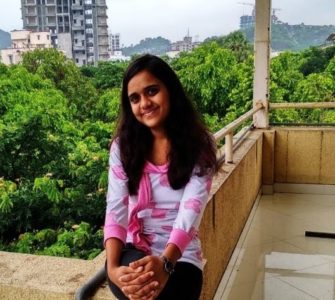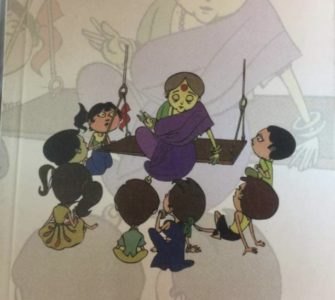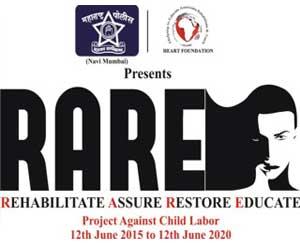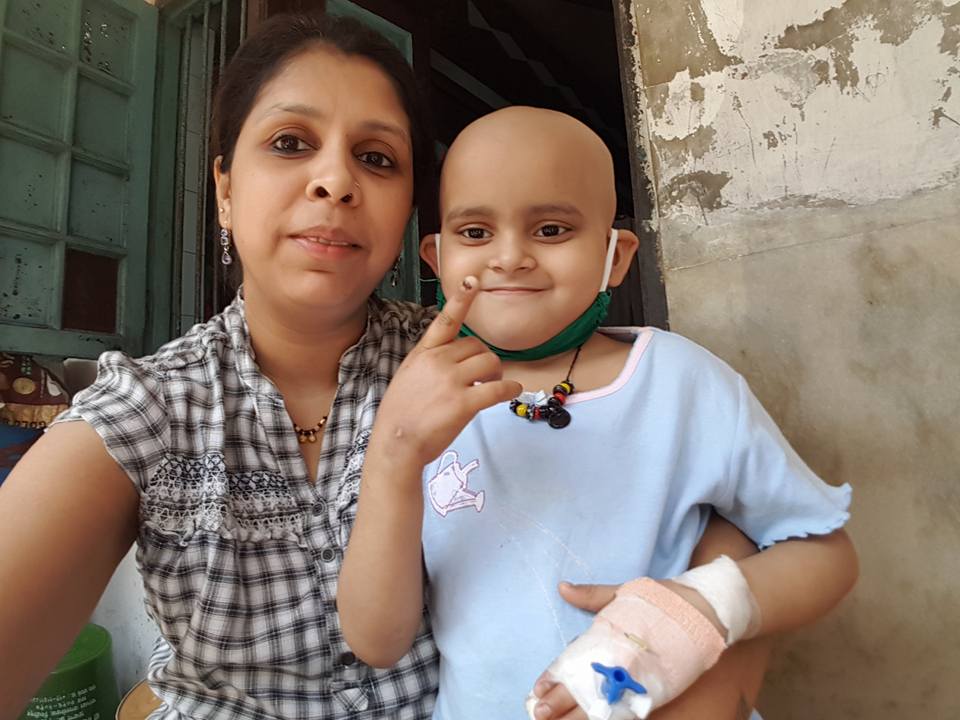
By:- Dr. Jayakar Ellis
Shital and Vikrant Bhatkar were alarmed when their one and half year old son, Aarya found it difficult to walk or stand. They visited a Pediatric Neurologist, who told them that their child was suffering from a storage disorder but could not confirm the exact one. Totally unaware about the disorder, the Bhatkars did a lot of online research on it and even tried to meet few doctors or the families who might tell them about this disorder but found that there was limited information.
To know the exact nature of the storage disorder, they had to send a patch of Aarya’s skin to Netherlands in 2010, which had the only testing centre in the world. He was diagnosed with ‘Nieman Pick C’, a storage disorder which typically affects one in 1,000,00 and was probably the only known case of the disorder in Mumbai at that time and had only 500 known cases across world. What was even more anguishing was the fact that there was no medicine for this disorder.
Dr. Priti Mhatre, Developmental Pediatrician, Sion Hospital, Mumbai says, “Storage disorders are inherited metabolic diseases that are characterized by an abnormal build-up of various toxic materials in the body’s cells as a result of enzyme deficiencies. There are nearly 50 of these disorders altogether, and they may affect different parts of the body, including the skeleton, brain, skin, heart, and central nervous system. While clinical trials are in progress on possible treatments for some of these diseases, there is currently no approved treatment for many lysosomal storage diseases. Some are detected by routine screening at time of birth.”
The Bhatkars went through a hell trying to find any kind of help available anywhere in the world. “With all the education and all technology at our disposal, we were unable to find much know how on the disorder. We realised how difficult it must be for the majority population who are not so technology friendly, or ones who do not have means,” says Mr. Bhatkar. That’s when they decided to start a not for profit called ‘WithAarya’ that would offer a required know how for patients affected by such terminal disorders. They got in touch with various doctors across hospitals in Mumbai to meet up with the families of such patients. Doctors too started referring the patients to them seeking supportive care required to take care of the patients.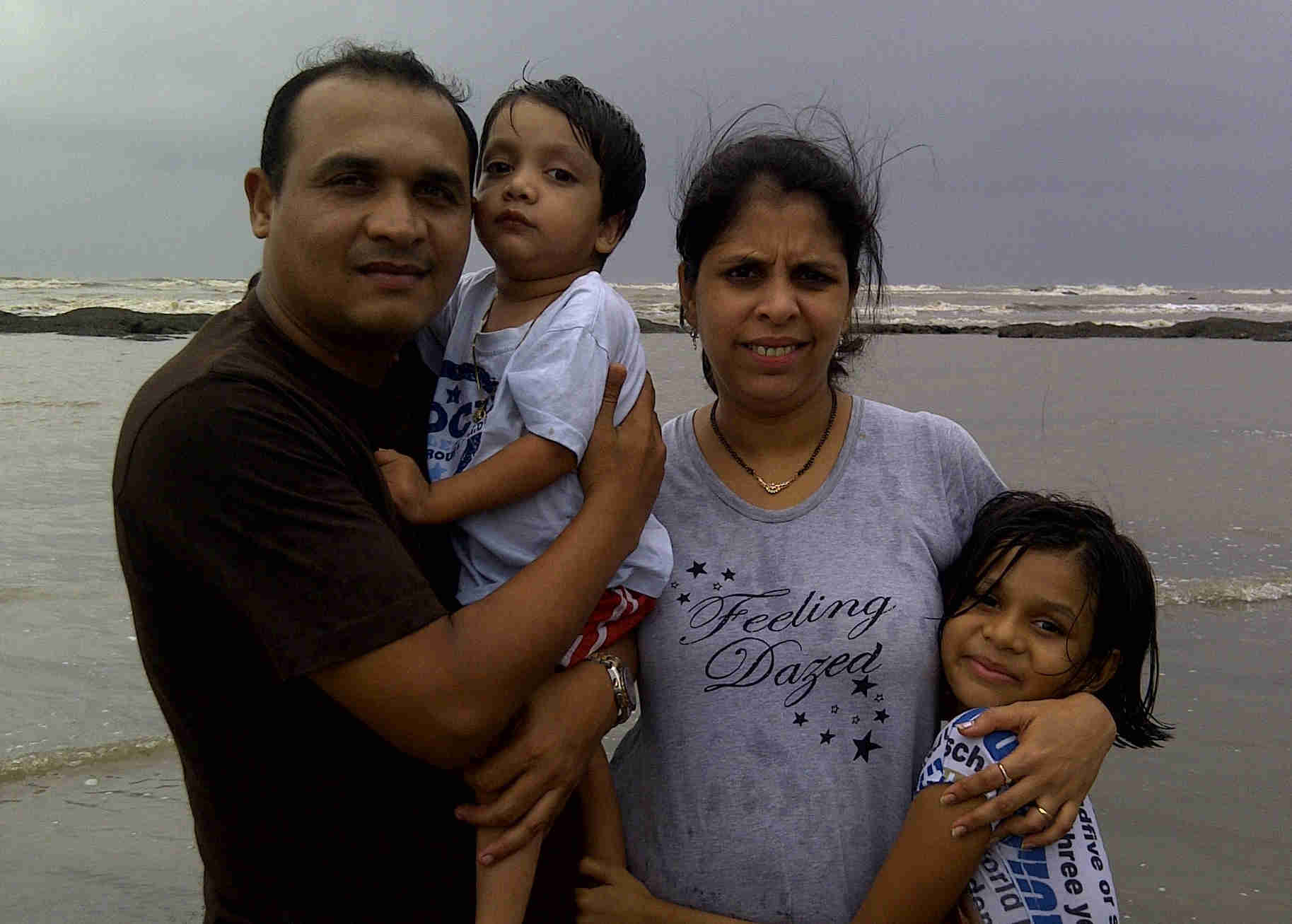
The couple started identifying affected patients who came from rural areas or from families who could not afford these tests and started lending financial support for carrying out tests with their own money or with help from few donations.
But as the expenses involved in these cases were huge and resources limited, the Bhatkars soon started focusing on providing supportive care equipment’s / perishable items etc for needy.
During this period, Mrs. Bhatkar got associated with an NGO ‘Make My Wish’ that tries to fulfill the wishes of terminally ill patients. “While volunteering at KEM Hospital, Mumbai I saw the plight of many relatives of patients who were admitted for treatment. Most of them virtually had no money for buying any medicines, leave alone buying food for themselves. There were some people who were staying on road without any shelter / food for months,” says Ms. Bhatkar.
This prompted the couple to start an initiative called ‘Don Ghaas’ (meaning two morsels in Marathi). They started distributing lunch packets to 50 needy people every day near KEM, Wadia and Tata Hospital. “We never wanted to make it sound that we are making favor to anybody by giving food, hence we started to give food at mere Rs 10 per food packet,” she adds. The packet contains chappatis / Sabzi/ Khichdi and banana. Currently they distribute 100 lunch packets and 150 dinner packets as well.
Shital is also a Mumbai representative for an organization called LSDSS (Lysosomal Storage Disorder Society) a national level body dealing with storage disorders and helps patients to connect with government and other institutions.
“We need a constant flow of funds which word-of-mouth cannot give. We need more awareness. We also need more volunteers to help up distribute food at hospitals as it is becoming tough for us to reach ourselves every day, all days of the month,” Shital adds.




